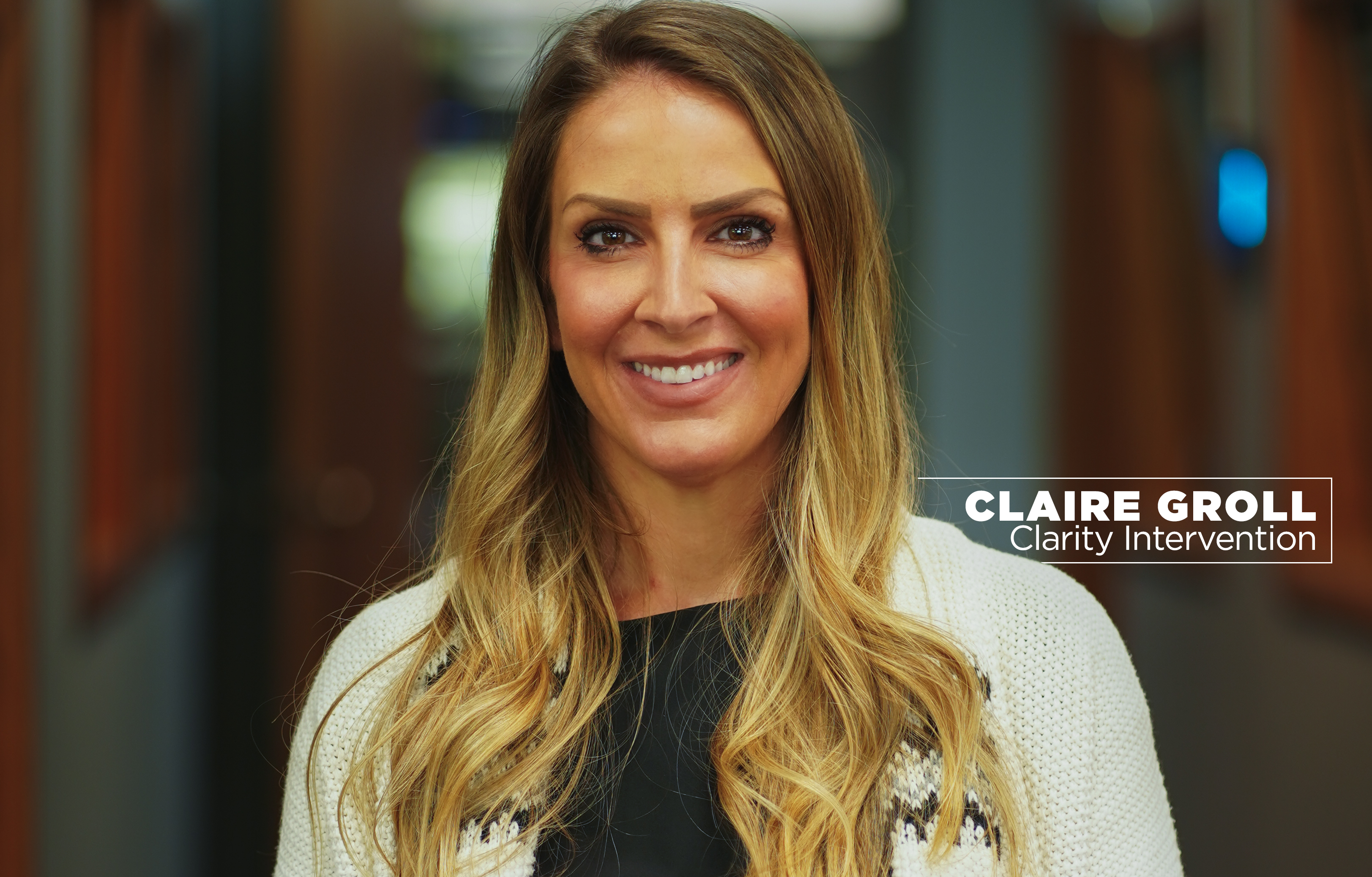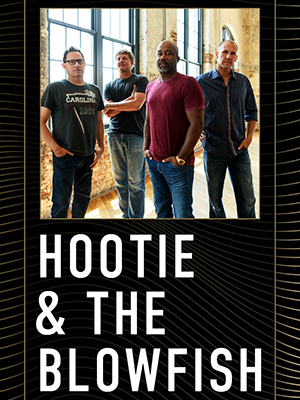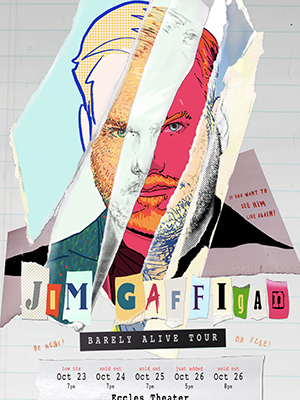Utah woman fighting to innovate recovery after addiction
By jtilton on May 8, 2020

For many who struggle with substance abuse, the thought of relapse is always a possibility. One Utah woman is working to change the way former addicts look at recovery to help fight off the possibility of it ever happening again.
Learning from her own mistakes to help others
Claire Groll knows how hard the grips of addiction can take hold. Groll, the owner of Clarity Consulting — a mental health referral and case management company — recalled her own battle with substance abuse when she was growing up.
“I started drinking at about [age] 12,” said Groll. “I was always looking for how to easily fit in. To me, drinking seemed like the best solution or that.”
Groll’s struggles with alcohol would continue until she was 16-years-old when she was finally able to fight off her addiction. Since that day, she has been intertwined with the world of substance abuse. With years of experience in substance abuse treatment facilities, she has turned her efforts to advocate for families who suffer from their own addiction and substance abuse.
She spends her time helping others with interventions, treatment facility research, and case management post-treatment.
The first step in the process for Groll is to just break the cycle.
“To break the family system cycle that they’ve been in whether it’s enabling or denying or all of the different things families do to avoid the issue,” she explained.
How Claire Groll is trying to fix recovery after addiction
The path to recovery is fairly linear for most recovering addicts. After realizing that an addiction exists, said addict can begin to educate themselves on the disease. They will then start the recovery process with the help of various methods such as addiction treatment and recovery centers. Furthermore, the former addict can finally begin their post-treatment living. This post-treatment time is typically the hardest for recovering addicts due to the lack of assisted resources.
Being thrown back into the world without the help of treatment center employees can be very jarring. It can also easily lead to a relapse. According to the American Addiction Centers, the relapse rate for substance use disorders is estimated to be between 40% and 60%. This is where Groll hopes to cut down that number.
“It depends on what the family wants but I strongly encourage working with me for the first six months out of rehab,” Groll explained.
There are a lot of factors involved in post-treatment living. One of the main contributors to an addicts’ recovery after addiction is communication.
“I work with the aftercare plan set in place for them. Then also work on modifying that and checking off whether they’re doing their support meetings,” Groll said. “Whether they’re doing their 12-step meetings [or] meeting with their therapists.”
The hope for better recovery
Giving back is so crucial to one’s recovery and Groll has taken on the challenge. But she also knows how hard post-treatment life is.
“I think most people who come out of rehab have really good intentions, but it is a hard fight out here. It is a hard fight to not have an easy coping mechanism like picking up a drink,” she said. “It’s not about right and wrong. It’s about correcting different patterns that different families might get stuck in.”
She also recognizes how impactful a family can be on an addict’s recovery after addiction.
“Once you can get a whole family better and help a whole family learn the right ways to confront behaviors that are serving someone. You have such a stronger chance at recovery,” she described.
Listen to the podcast to learn more about recovery after addiction
For more information on addiction or if you or someone you know is struggling, you can find more information on Facebook, KSL TV, or from Use Only as Directed. To hear more from Casey Scott and Dr. Matt Woolley, you can listen below or subscribe to the ‘Project Recovery’ podcast on Apple Podcasts or wherever you get major podcasts.







